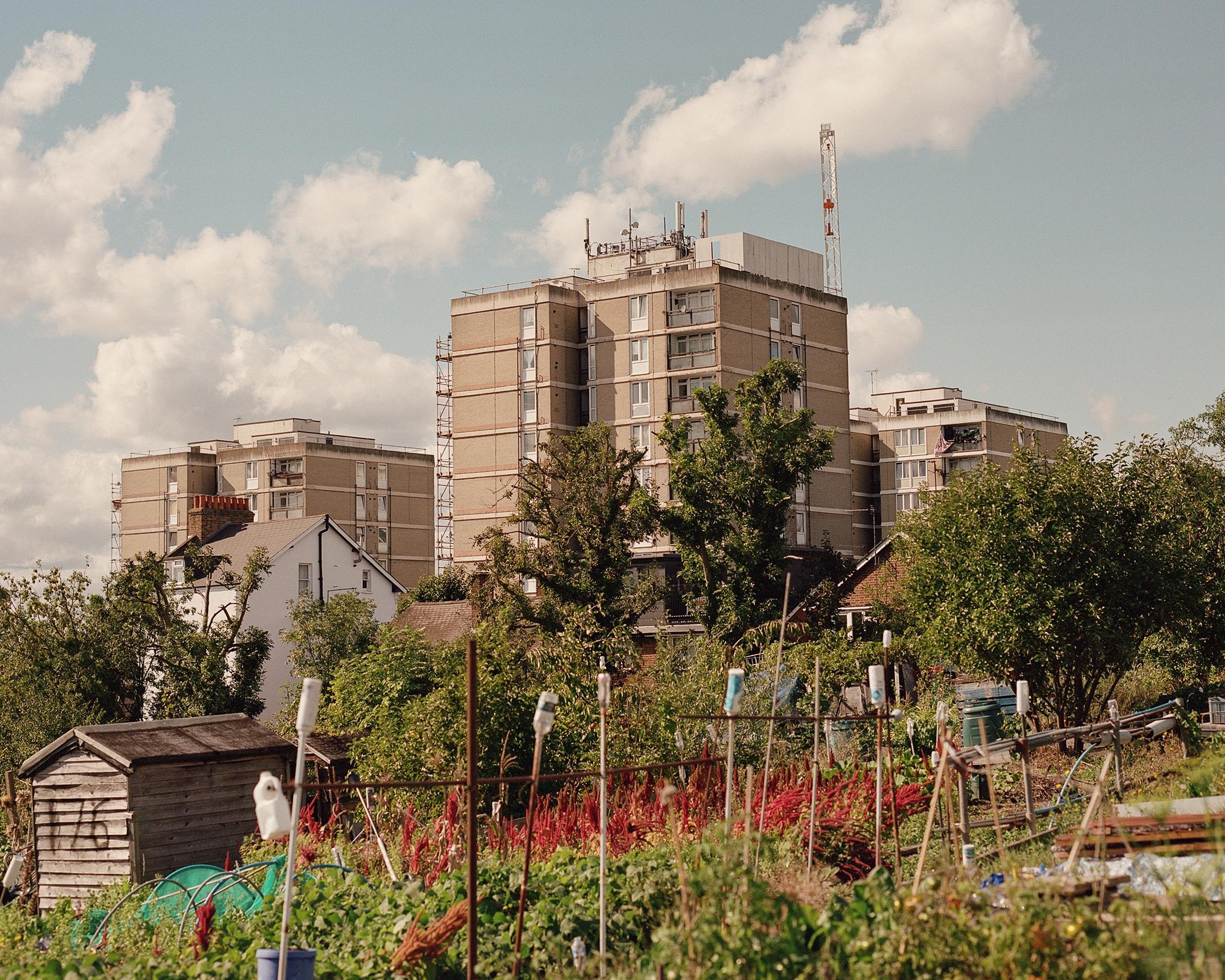Creating the conditions for active citizenship for all
It’s time to rewrite the social contract on the assumption that everyone, particularly people who are so often excluded, can improve things by getting involved.
From consumer to citizen
A profound shift in the social contract is emerging. In the middle of the twentieth century public policy focused primarily on the worker, but the focus then shifted to the consumer. But this has become unsustainable; in the future it will need to be rewritten again, with the active citizen in mind.
In practice the era of consumerism has widened personal, generational and regional inequalities and increased hardship for many people and communities. Perhaps worse, measuring personal and social achievement in terms of income, expenditure and acquisition has tied our society to an economic model that drives climate catastrophe and inflames economic insecurity. Wellbeing suffers, and public life is infected with a dangerous cocktail of passivity, cynicism and extremism.
Fortunately, people are questioning these values, and the anxiety that necessarily flows from them. Many are seeking lives, not of consumption, but of meaning. They want to find ways of living in harmony with nature and with fellow human beings. Many are starting to see that the citizenship need not be an exclusive status of national identity, but instead the idea of citizenship is part of an inclusive vision of society, where everyone has the capacity to make their own unique contribution. This vision of citizenship reconciles our equality and diversity and encourages a deeper sense of shared responsibility for each other and the world we live in.
Active citizenship in Doncaster
The work of People Focused Group (PFG) Doncaster is an inspiring example of what is possible when we focus on the capacity of everyone to give, share and create. Founded in 2010 the group has almost 3,000 members across Doncaster, mostly people with disabilities or mental health problems. It works to the principles of peer support, which means that everyone, whatever their needs, is treated as a gifted and valuable human being who can make a positive difference to other people’s lives.
By everyone helping each other, the group has generated social value worth millions of pounds, and has made itself central to the strategies of health and social care in the City of Doncaster. In 2022 the group was honoured with the Queen's Award for Voluntary Service.
PFG challenges the paternalistic assumption that people are powerless and must simply await support from professionals. The group works with public services, not as a client or service provider, but as an equal partner. In fact, it does things that services simply cannot do. PFG actively builds community and challenges prejudice, whether against people from the LGBTQ+ community or Muslim women. It has created new systems of peer-led crisis support and a warden service to ensure nobody in the community is isolated.
Creating the conditions for active citizenship
But if this approach is so powerful, why it is still so unusual? For a start, it takes courage to begin. It is difficult to step aside from the normal patterns of dependency, advocacy and campaigning and ask: “What can we do about this ourselves?” Moreover, this sort of assertion of agency can often face resistance. The partnership with statutory services is now excellent, but in the beginning it was really difficult for services to see ‘services users’ redefine themselves as citizens with freedom and capacity to act.
There are also many practical issues. Procurement and competitive tendering systems favour large national services, not local community groups. Through a long squeeze on funding, the organisational infrastructure for truly local work has degraded. Groups also need physical spaces where people can gather, work and organise. Such spaces do exist, but the financial pressure on statutory services means that instead of opening them up, councils more often feel impelled to sell them off.
Scale is a critical dimension of the shift to citizenship. Large bureaucracies seek solutions at the level of a town, city or region, but don’t support the hyper-local spaces where citizen action is dreamed up and carried out. Citizens often feel disenchanted by the systems that are supposed to provide support. The extreme centralisation of the English welfare state, and the lack of hyper-local civic structures combine to deny them the scope to take the initiative.
You do not think or act like a citizen because of an obligation created by your job or a service contract. Integrity, relationships and values are what make peer support work. The change required to support these things is profound: it escapes the normal patterns of worker control or the purchasing of services.
From the local to the global
To tackle these systemic challenges PFG helped to create Citizen Network, a global community for social change. It is providing direct support for other groups who want to learn about peer support, and also pushing for changes that can make a reality of citizenship for all.
The fundamental lesson is perhaps to start from the assumption that we all have capacity to act as citizens, and then to work first with precisely those people who are most at risk of exclusion or face the greatest prejudice. Listen to people, support their agency, and seek to create the conditions that make citizen action possible for all.
About the author
Simon Duffy is the President of Citizen Network. He's also the Director for the Centre for Welfare Reform.

This idea is part of the neighbourhoods and communities topic.
Find out more about our work in this area.